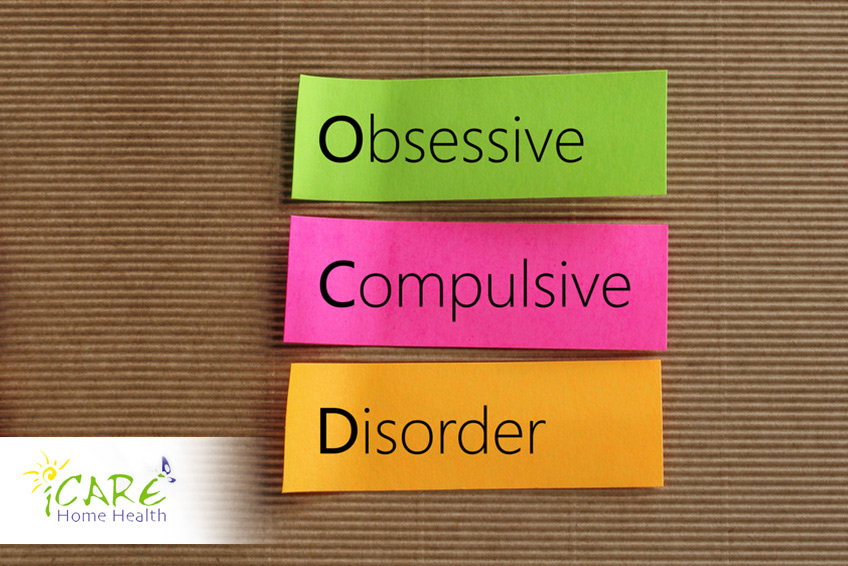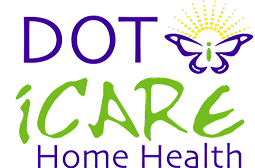The Challenges Of Obsessive, Compulsive Disorder

Have you ever left the house and wondered if you left the door unlocked? You are sure you locked the door; you always lock it. But, you aren’t 100% sure. You are already at work; you can’t go back home to check. So, for the rest of the day, you are going to wonder and worry if your home is open to intruders and thieves. We all have moments like that. Sometimes we wonder if we left the stove on; other times we worry we have forgotten something but we can’t remember what. It is annoying, but we survive. Now, imagine intensifying those feelings and having them every day. That is what it is like to have Obsessive-Compulsive Disorder (OCD). To put it simply, an OCD sufferer will be inundated by obsessive thoughts (fear of contamination; fear of intruders) and the only thing to temporarily ease these worries is a compulsion or a ritual (repeated washing; constant checking of locks). OCD behaviours can usually be categorized as the following:
- Placers – Constantly arranging things until they are “perfect”
- Counters – Counting everything and anything; some numbers are “good” and “bad”
- Cleaners – Those will obsessively clean themselves and their surroundings
- Checkers – Always checking locks, ovens, appliances
- Rituals – The need to follow a certain pattern or a certain ritual before doing activities
OCD is diagnosed as an anxiety disorder. It usually manifests itself in children at a young age and can be treated in early adulthood. It is unusual that OCD manifests itself in older adults and there has not been done a lot of research on the topic. However, that doesn’t mean that it can’t happen. Here are a few things that you can do if you have noticed OCD symptoms in an older family member:
Ask Questions
If you see your mother constantly cleaning her kitchen counter or checking the locks, ask her why she is doing it. There may be legitimate reasons. Her vision is not as sharp as it used to be so you may want to make sure she has cleaned properly. She may have seen strange people in the neighbourhood and is actually concerned about her welfare. Don’t assume the behaviour is a sign of OCD. Ask and find out.
Take Mental Notes
One day of OCD-like behaviour is not a big problem. Keep an eye on the situation to see if there is something to actually be worried about. Is the behaviour negatively impacting their lives? Are they missing appointments because they can’t leave the house? Are they washing their hands raw?
Consult a Doctor
If you truly believe that your loved one is exhibiting signs of OCD, consult a doctor. In some cases, it may be the early onset of dementia. Either way, it may be time for a medical intervention.
Let It Go
If the OCD behaviour is not interfering in their lives or harming those around them, then it may be best to just let it go. Not everything needs to be addressed; not everything needs to be fixed. You may stress your family member out more by trying to “fix it”.
The best way to keep an eye on OCD behaviour and other issues is by bringing in an experienced home caregiver. They know the signs and what to do about it. iCare Home Health Services offers a wide variety of health services and elder care packages in the comfort of their own home. Serving Toronto, Mississauga, Oakville, and the entire Greater Toronto Area, iCare Home Health Services will bring the most caring people into your home. Contact us today and find out what package might be best for your loved one.

